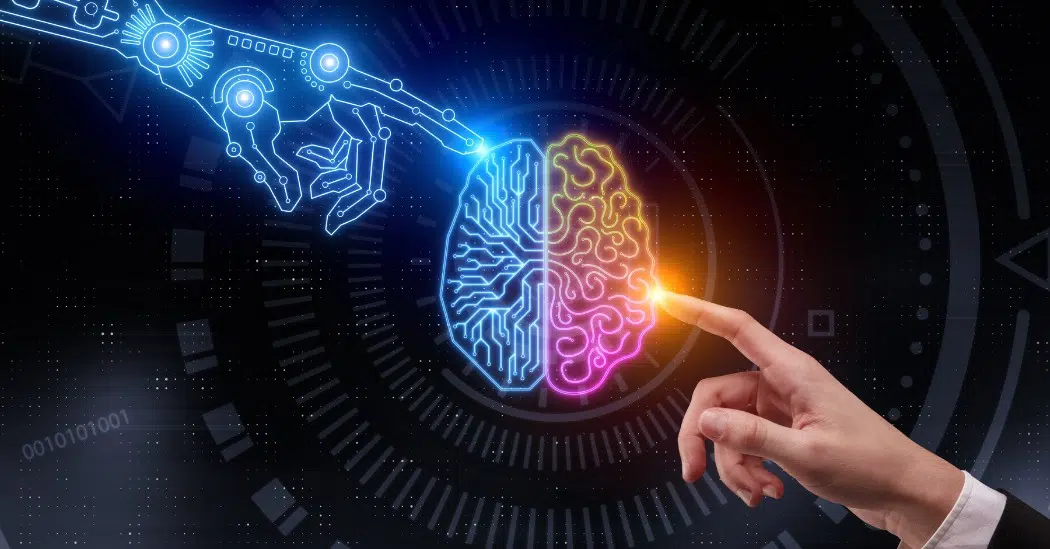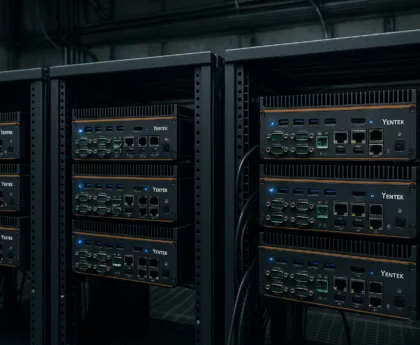Artificial intelligence (AI) plays a significant role in automation technology, transforming various industries and processes.
AI is used in robotics to enable machines to perform tasks with greater autonomy and adaptability. Robots equipped with AI can perform tasks such as manufacturing, warehouse automation, and even surgical procedures. Machine learning and computer vision algorithms enable robots to navigate complex environments, recognize objects, and make real-time decisions. Automation tools powered by AI, like Robotic Process Automation (RPA) are employed to automate routine, rule-based tasks in business processes; these systems can perform data entry, document processing, and other repetitive tasks, increasing efficiency and reducing human error.
AI is also a fundamental technology in autonomous vehicles, including self-driving cars and drones. Artificial intelligence algorithms are used to process sensor data, make driving decisions, and navigate safely in real-world environments.
Industrial automation also powered by AI, is used to optimize supply chain operations, including demand forecasting, route planning, and inventory management and it results in cost reductions and improved efficiency.
In industrial settings AI is used for predictive maintenance, quality control, and optimization of manufacturing processes. AI-powered systems can detect equipment failures before they occur, ensuring minimal downtime and cost savings.
AI is integrated into automation technology offering to key factors advantages:
– Energy Management
– Home Automation
– Healthcare Automation
– Customer Service and Chatbots
– Financial Services
AI in automation technology relies on various AI techniques, such as machine learning, natural language processing, computer vision, and deep learning.
But is it all pros and advantages or AI can have a dark side as well?
Pros of AI in Automation Technology:
Increased Efficiency: AI can automate repetitive, time-consuming tasks, leading to improved efficiency and productivity. This is particularly valuable in industries like manufacturing, logistics, and customer service.
Cost Savings: Automation reduces the need for human labor in certain tasks, leading to cost savings over time. It can also reduce the risk of errors, which can be costly to rectify.
24/7 Operation: AI systems can work around the clock without fatigue, leading to continuous operations and reduced downtime.
Accuracy: AI-powered automation systems can perform tasks with a high degree of precision and consistency, reducing the margin of error.
Data Analysis: AI can process and analyze vast amounts of data at speeds that are impossible for humans, leading to data-driven insights and decision-making.
Safety: In environments where human workers may be exposed to danger or repetitive strain injuries, robots and automation technologies can improve safety.
Customization: AI systems can be trained and customized to perform specific tasks, making them adaptable to a wide range of applications.
Cons of AI in Automation Technology:
Initial Costs: Implementing AI-based automation solutions can be expensive due to the need for specialized hardware and software, as well as training and integration.
Job Displacement: The automation of tasks can lead to job displacement, as some routine jobs may no longer require human workers. This can lead to job insecurity and a need for retraining and upskilling.
Technical Challenges: AI and automation technologies are complex and can present technical challenges. Maintenance, software updates, and technical issues can be costly and time-consuming.
Data Privacy and Security: AI systems rely on large amounts of data, which can raise concerns about data privacy and security. Protecting sensitive information is crucial.
Ethical Concerns: AI automation can raise ethical questions, particularly in areas like autonomous vehicles and decision-making systems. Decisions made by AI systems may not always align with human values.
Dependency on Technology: Overreliance on AI automation can be risky, as technical failures or cyberattacks can disrupt operations.
Complex Implementation: Implementing AI automation in complex environments, such as healthcare or aerospace, can be challenging and require careful planning and testing.
It’s important to note that the pros and cons of AI in automation technology can vary depending on the specific use case and industry. Organizations need to weigh the potential benefits against the associated challenges and carefully consider the impact on employees and stakeholders when adopting AI-based automation solutions.





